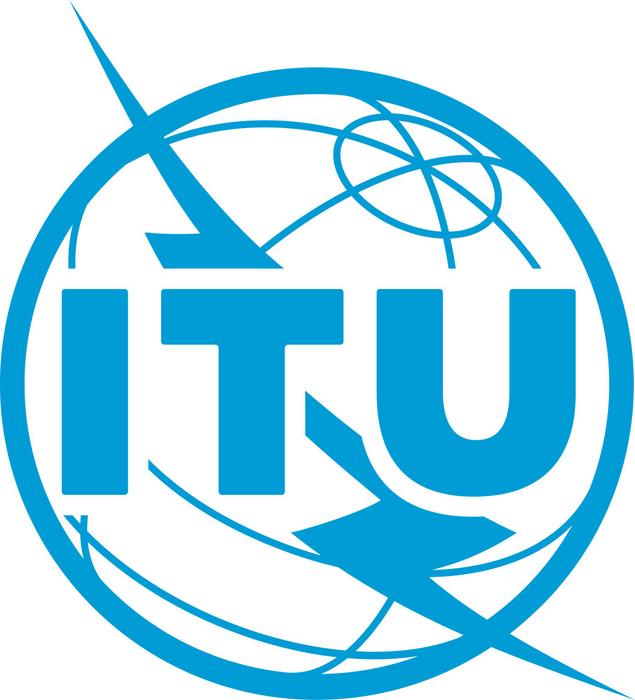Artificial intelligence (AI) could transform the hospitality industry by cutting waste, lowering carbon emissions, and reducing staff burnout.
Yet most hotels, restaurants, and cruise lines are only just beginning to explore its potential, according to new research from the University of Surrey.
The study, published in Sustainable Development and conducted with partners in Spain, found that AI could not only give businesses a competitive edge but also deliver major environmental and social benefits.
However, barriers such as fear of high upfront costs, lack of expertise, and limited collaboration are holding the industry back.
Researchers stress that AI has far more to offer than automated booking systems or chatbots. It could:
-
Reduce food waste by analysing kitchen data to spot overproduction, recommend recipes using leftovers, and even suggest changes to menus.
-
Lower energy and water use with smart building systems that adjust heating, cooling, and lighting in real time, based on occupancy, weather, and energy prices.
-
Personalise sustainability for guests by tailoring eco-friendly options—from plant-based meals to local green activities—to individual preferences.
-
Support staff wellbeing with AI-driven scheduling that aligns staffing levels with customer demand, helping to reduce stress and staff turnover.
Dr. Viachaslau Filimonau, Reader in Hospitality Innovation and co-author of the study, explained: “Smaller businesses often worry about the upfront costs of AI, while larger chains may test projects but fail to scale them. Expertise is uneven across the sector, and because businesses rarely share data, innovations that work well in one place often aren’t adopted elsewhere.”
To change this, the study recommends more targeted training, stronger partnerships across the industry, and government-backed incentives to encourage adoption. It also stresses that sustainability goals must be built into AI strategies from the start, with clear measurement and reporting of progress.
Mark Ashton, Associate Professor in Hospitality Management at the University of Surrey, added:
“AI is not a silver bullet—but with the right approach, it can help tackle food waste, energy use, and labour pressures all at once. For hotels and restaurants that are serious about meeting sustainability targets, the moment to act is now.”
The research team interviewed 35 senior hospitality leaders in the UK and Spain—including general managers, CEOs, sustainability directors, and technology heads. Their candid insights reveal both the promise of AI and the hurdles preventing it from being widely adopted.
Press release from University of Surrey







